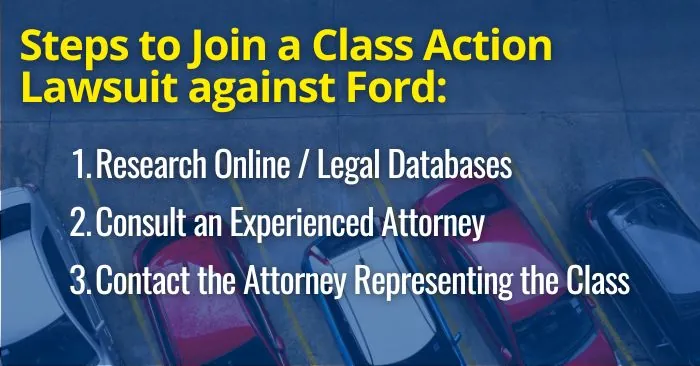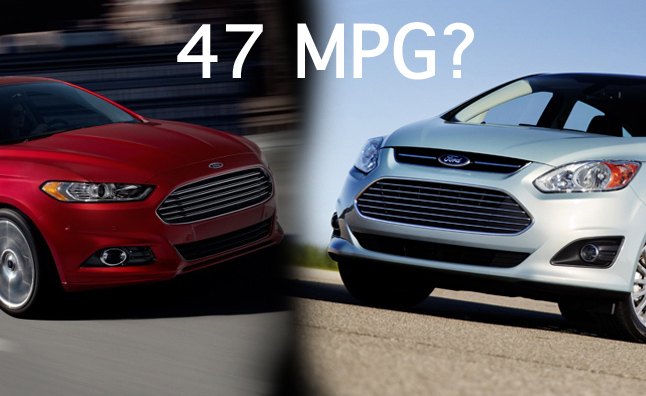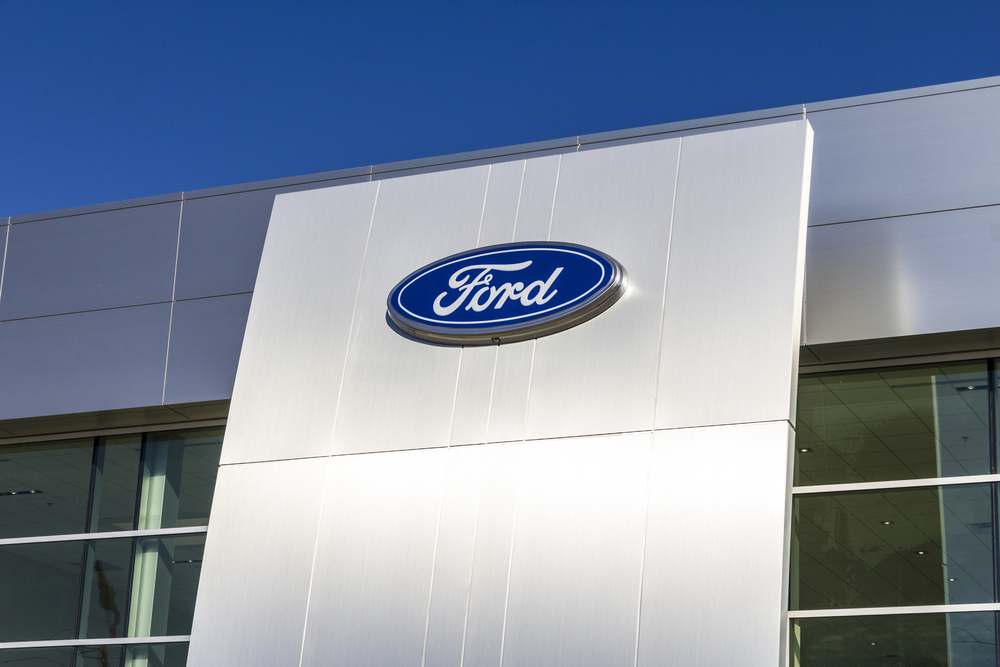Ford Is Being Sued By A Class Of Shareholders

Ford Motor Company is facing a class-action lawsuit filed by a group of shareholders alleging that the automaker misled investors regarding the development and production of its electric vehicles (EVs), particularly the F-150 Lightning. The lawsuit, filed in the U.S. District Court for the Eastern District of Michigan, claims Ford made false and misleading statements about its EV capabilities, production targets, and the overall profitability of its EV business segment.
The suit alleges that these misrepresentations artificially inflated Ford's stock price, and when the truth about production challenges and financial realities emerged, shareholders suffered significant financial losses. This legal action raises serious questions about corporate transparency and accountability in the rapidly evolving electric vehicle market.
Key Allegations and Parties Involved
The plaintiffs, representing a class of investors who purchased Ford stock during a specified period, argue that Ford executives knowingly made optimistic statements about the company's EV progress while concealing significant hurdles. These hurdles allegedly included battery supply chain constraints, manufacturing bottlenecks, and higher-than-anticipated production costs for the F-150 Lightning.
The lawsuit names Ford Motor Company and several of its top executives, including CEO Jim Farley and CFO John Lawler, as defendants. It accuses them of violating securities laws by making false and misleading statements in press releases, investor presentations, and public communications.
The Specifics of the Claim
According to the complaint, Ford repeatedly assured investors that it was on track to meet ambitious EV production targets and achieve profitability in its EV segment. The shareholders contend that these statements were misleading because Ford allegedly knew, or should have known, about the production problems and the financial strains they would create.
The plaintiffs point to instances where Ford later revised its production forecasts or acknowledged challenges in its EV business as evidence of prior misrepresentations. The lawsuit also highlights reports from industry analysts and media outlets that raised concerns about Ford's EV strategy and its ability to compete effectively in the increasingly competitive EV market.
Ford's Response and Potential Outcomes
Ford has stated that it believes the lawsuit is without merit and intends to vigorously defend itself against the allegations. The company maintains that it has been transparent with investors about the challenges and opportunities in its EV business.
“We believe the claims are without merit and intend to defend ourselves vigorously,” said a Ford spokesperson in an official statement.
The legal process is expected to be lengthy and complex, involving extensive discovery, expert testimony, and potentially a trial. The outcome of the lawsuit could have significant implications for Ford and its shareholders. If Ford is found liable, it could face substantial financial penalties and reputational damage.
Impact on Shareholders and the Broader Market
The lawsuit has understandably created uncertainty among Ford shareholders. The potential for financial losses and the negative publicity surrounding the allegations have weighed on the company's stock price.
More broadly, the case underscores the importance of accurate and transparent communication by companies in the EV sector, especially given the rapid pace of technological change and the intense competition. It serves as a reminder to investors to carefully scrutinize companies' claims about their EV capabilities and financial performance.
This legal battle highlights the increasing scrutiny that EV manufacturers face as they navigate the complexities of scaling production and achieving profitability in this evolving market. The case's outcome could set a precedent for future securities litigation against EV companies and influence how companies communicate with investors about their EV strategies.
The Road Ahead
The coming months will be crucial as the lawsuit progresses through the legal system. Both Ford and the shareholder plaintiffs will be gathering evidence and preparing their cases.
Investors and industry analysts will be closely watching the developments, as the outcome could have a significant impact on Ford's future and the broader EV landscape. The case also draws attention to the human element; the everyday investors who placed their trust, and their savings, in Ford's vision for the future.
Ultimately, the lawsuit underscores the delicate balance between corporate ambition, investor expectations, and the realities of technological innovation in the fast-paced world of electric vehicles. The court's decision will likely have ramifications far beyond Ford Motor Company.


















